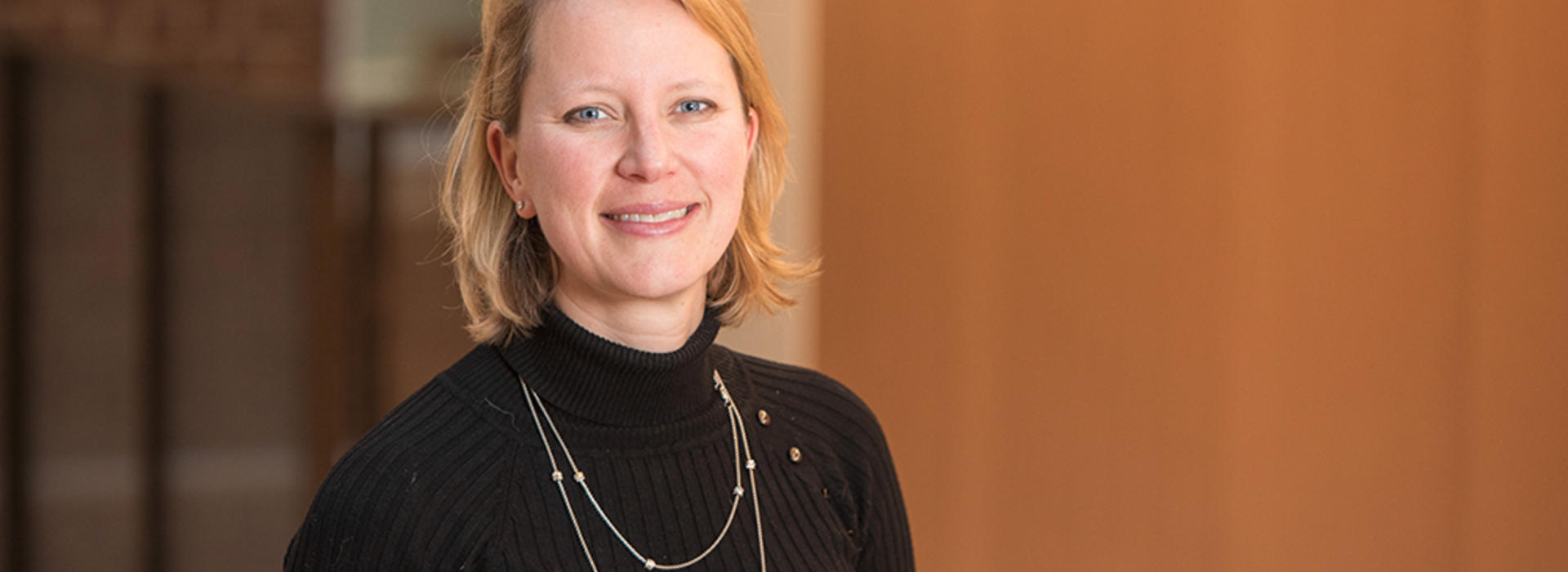
Dr. Anne Blaes Aims to Improve Outcomes for Cancer Survivors
There are more than 16 million cancer survivors in the United States. Anne Blaes, MD, associate professor in the Department of Medicine’s Division of Hematology, Oncology and Transplantation, is determined to improve outcomes for these individuals.
Even if they are cured, cancer survivors’ life expectancies are not the same as if they never had cancer. They are more likely to die of secondary cancers, recurrent cancers or cardiovascular disease.
“My research focuses on the area of cancer survivorship,” says Blaes. “From the time of diagnosis, through their cancer trajectory and really throughout the entirety of their life.”
An enormous privilege
Blaes views taking care of patients as an enormous privilege.
“Patients are the ones that bring the research questions to the clinic. They may ask you questions about how common complications are, or why they’re having certain complications,” she says. “They often trust you with information that they won’t even share with their family members.”
But, she doesn’t stop with seeing patients—instead, Blaes takes a multi-pronged approach to patient care.
“I’m taking care of patients today, which is making an impact on them now,” she says. “Then, there’s the research that is changing how we provide care, and lastly, we’re educating for the future.”
No better place to be
“One of the reasons I’m here, and why I’ve chosen to stay here, is that we have a really robust and collaborative group of faculty,” says Blaes.
From oncology to the basic sciences, the wide variety of interdisciplinary researchers makes it possible to achieve great success in the field of cancer survivorship care.
“We are leaders in this field—the childhood cancer survivorship study started here decades ago, and the bone marrow transplant survivorship guidelines came out of this institution as well,” she says. “These things are all a part of why I’m so proud to be a part of the University of Minnesota Medical School.”